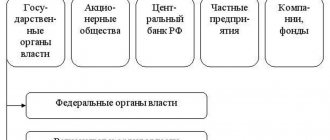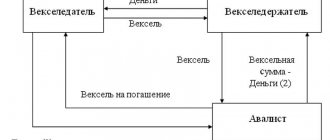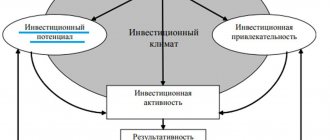It’s a normal working day, your phone rings, and an unfamiliar number appears on the screen. "Hello! I represent the financial company XXX...” - you have already opened your mouth to, as usual, in the case of offers from left-wing companies, send your interlocutor on an erotic journey on foot, but then he says that “they will give you capital for trading.”
All. You're hooked. You listen very carefully to “Cata Basilio” and understand that success is close) Finally, at least someone has understood your full potential and is ready to give you millions to manage. Your time has come!
But what is actually hidden behind the “good uncle’s” offer? Now there are a lot of companies advertising the so-called “ Prop trading ” in the Forex market. Today we will look at the standard scam schemes that are used by these guys who invite gullible Pinocchio to the Field of Miracles.
What is it in simple words
Proprietary trading is translated as “patented, private, proprietary trading.” This is about the company. Did you guess it? The company attracts for trade:
- private;
- in some countries - licensed (patented) traders on mutually beneficial terms (ideally).
Wherein:
- Trading takes place on the financial market.
- Any financial instruments are used (stocks, currencies, derivatives).
I'll explain with an example. I have opened a brokerage account with $10,000. Having started working in prop trading, I receive $90,000 from the company. Now I have the opportunity to trade for a much larger amount. If I make a profit, according to the contract, the amount is divided in half. If the stock starts to fall in price, the amount of loss is limited to my money, $10,000.
Divorce or not
The scheme simultaneously has similarities with several systems:
- Bazaar. An entrepreneur hires a salesperson for a percentage of the proceeds. We are not talking about any salary.
- Network marketing. To become a distributor, you will have to invest your own funds.
Yes, the trader will trade honestly, but in the best case, he will be able to withdraw his income a month after the reporting month. Although I have come across contracts where it is proposed to “work for my uncle” for a year without the possibility of withdrawing funds.
In trading, leverage is provided - the company fulfills its obligations. Everything else is enslaving conditions.
I look at the statistics:
- only 5% are successful in the stock market;
- only 1% on Forex.
The trader gets the chance to trade with a larger volume. Therefore, I cannot say unequivocally that this is a scam.
Where and when did prop trading appear?
The system appeared at the beginning of the 21st century in the USA (not surprising, given the volume of transactions on American exchanges). A couple of years later it became relevant in European prop trading.
In Russia and the countries of the former USSR, prop trading began to be discussed en masse after 2012: the peak of Forex popularity began to decline, and it was possible to lure away the most promising guys.
Principle of operation
Prop trading works under the following conditions:
- The trader must deposit his own funds into the trading account.
- The firm adds equity capital (often at a ratio of 1:9).
- Trading stops if the trader loses his own funds.
- In the case of profit, income is divided in half at best.
In prop trading, the company does not lose, but receives a profit: its capital is removed from the blow (trading stops at the moment when the trader loses his funds). In case of profit, capital increases.
The trader is strictly bound by the terms of the contract. Often he is first asked to trade with less leverage, testing his strategy and experience.
Features of Internet trading
As I said above, a modern trader is not necessarily a man in a formal suit and tight tie.
In fact, he works at home and in the clothes that are comfortable for him.
Internet trading has given ordinary users, that is, you and me, a whole list of advantages:
- You don't need to be in a noisy office all the time.
- There is no need to adhere to a strict schedule. You work when it suits you.
- There are no bosses and no production standards. If a thousand dollars a month is enough for you, and you have come to the point where you only have to work one day a week, then so be it.
- No salary. You earn as much as you want. For some this is a minus










